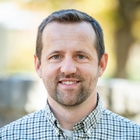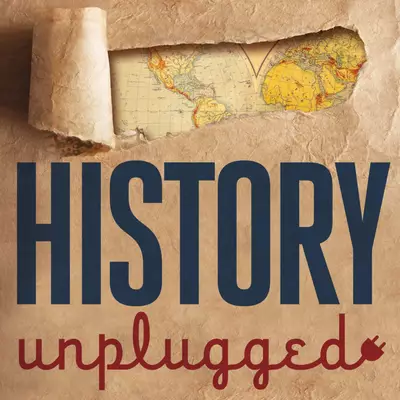Listen on Your Favorite App
Turning Okies Into New Dealers: How 1930s Technocrats Pushed Progressivism on Dust Bowl Refugees in Federal Farm Camps
February 08, 2024
00:00
38:44
Listen on Your Favorite App
In the midst of the Great Depression, punished by crippling drought and deepening poverty, hundreds of thousands of families left the Great Plains and the Southwest to look for work in California’s rich agricultural valleys. In response to the scene of destitute white families living in filthy shelters built of cardboard, twigs, and refuse, reform-minded New Deal officials built a series of camps to provide them with shelter and community.
Today’s guest is Jonathan Ebel, author of “From Dust They Came: Government Camps and the Religion of Reform in New Deal California.” We look at the religious dynamics in and around migratory farm labor camps in agricultural California established and operated by the Resettlement Administration and the Farm Security Administration. Ebel makes the case that the camps served as mission sites for the conversion of migrants to more modern ways of living and believing. Though the ideas of virtuous citizenship put forward by the camp administrators were framed as secular, they rested on a foundation of Protestantism. At the same time, many of the migrants were themselves conservative or charismatic Protestants who had other ideas for how their religion intended them to be.
By looking at the camps as missionary spaces, Ebel shows that this New Deal program was animated both by humanitarian concern and by the belief that these poor, white migrants and their religious practices were unfit for life in a modernized, secular world.
Today’s guest is Jonathan Ebel, author of “From Dust They Came: Government Camps and the Religion of Reform in New Deal California.” We look at the religious dynamics in and around migratory farm labor camps in agricultural California established and operated by the Resettlement Administration and the Farm Security Administration. Ebel makes the case that the camps served as mission sites for the conversion of migrants to more modern ways of living and believing. Though the ideas of virtuous citizenship put forward by the camp administrators were framed as secular, they rested on a foundation of Protestantism. At the same time, many of the migrants were themselves conservative or charismatic Protestants who had other ideas for how their religion intended them to be.
By looking at the camps as missionary spaces, Ebel shows that this New Deal program was animated both by humanitarian concern and by the belief that these poor, white migrants and their religious practices were unfit for life in a modernized, secular world.
See omnystudio.com/listener for privacy information.
More Episodes
See all episodes
Meet Your Host

Scott Rank is the host of the History Unplugged Podcast and a PhD in history who specialized in the Ottoman Empire and modern Turkey. Before going down the academic route he worked as a journalist in Istanbul. He has written 12 history books on topics ranging from lost Bronze Age civilizations to the Age of Discovery. Some of his books include The Age of Illumination: Science, Technology, and Reason in the Middle Ages and History’s 9 Most Insane Rulers.. Learn more about him by going to scottrankphd.com.
